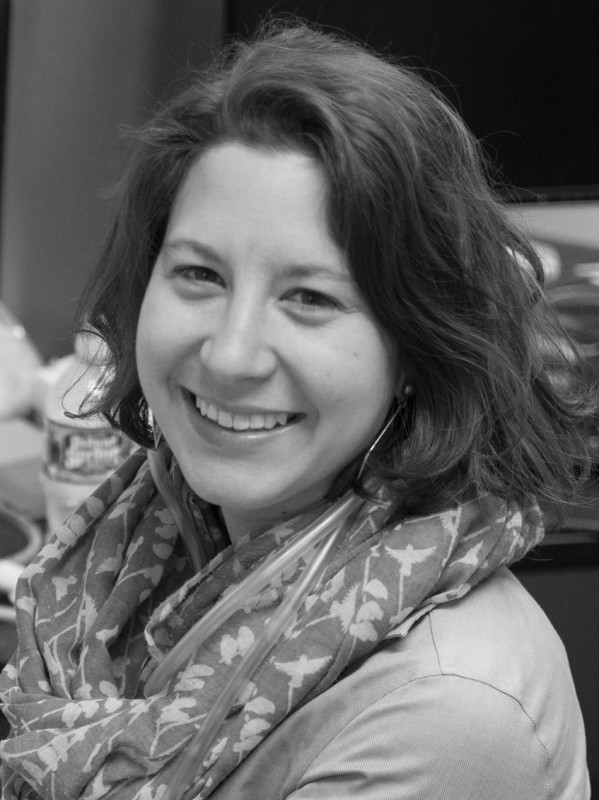KLI Colloquia are invited research talks of about an hour followed by 30 min discussion. The talks are held in English, open to the public, and offered in hybrid format.
Join via Zoom:
https://us02web.zoom.us/j/5881861923?omn=85945744831
Meeting ID: 588 186 1923
Spring-Summer 2026 KLI Colloquium Series
12 March 2026 (Thurs) 3-4:30 PM CET
What Is Biological Modality, and What Has It Got to Do With Psychology?
Carrie Figdor (University of Iowa)
26 March 2026 (Thurs) 3-4:30 PM CET
The Science of an Evolutionary Transition in Humans
Tim Waring (University of Maine)
9 April 2026 (Thurs) 3-4:30 PM CET
Hierarchies and Power in Primatology and Their Populist Appropriation
Rebekka Hufendiek (Ulm University)
16 April 2026 (Thurs) 3-4:30 PM CET
A Metaphysics for Dialectical Biology
Denis Walsh (University of Toronto)
30 April 2026 (Thurs) 3-4:30 PM CET
What's in a Trait? Reconceptualizing Neurodevelopmental Timing by Seizing Insights From Philosophy
Isabella Sarto-Jackson (KLI)
7 May 2026 (Thurs) 3-4:30 PM CET
The Evolutionary Trajectory of Human Hippocampal-Cortical Interactions
Daniel Reznik (Max Planck Society)
21 May 2026 (Thurs) 3-4:30 PM CET
Why Directionality Emerged in Multicellular Differentiation
Somya Mani (KLI)
28 May 2026 (Thurs) 3-4:30 PM CET
The Interplay of Tissue Mechanics and Gene Regulatory Networks in the Evolution of Morphogenesis
James DiFrisco (Francis Crick Institute)
11 June 2026 (Thurs) 3-4:30 PM CET
Brave Genomes: Genome Plasticity in the Face of Environmental Challenge
Silvia Bulgheresi (University of Vienna)
25 June 2026 (Thurs) 3-4:30 PM CET
Anne LeMaitre (KLI)
KLI Colloquia 2014 – 2026
Event Details

Register in advance for this meeting:
https://us02web.zoom.us/meeting/register/tZ0rduysrT4sE9JXTO4MpxJJGhkCGBuC-OZ5
After registering, you will receive a confirmation email containing information about joining the meeting.
Topic description / abstract:
Although the variable nature of sex is tacitly recognized by many scientists, the imposition of binary sexes in research can be observed and experienced across scientific practices. For example, the enforcement of sex categories can be seen in the processes of "sexing" individuals or analyzing sex differences. This talk emerges from the discomfort of perpetuating these practices while finding my identity as a queer person. I draw upon scholars from various disciplines to develop an understanding for how I, as a scientist, relate to the context and consequences of scientific authority on "sex". I explore the many ways in which scientific definitions of sex are not adequate to encompass the diversity of biological systems and reflect the imposition of "compulsory sexuality" found in colonial European cultures, as described in Asexual theory. The current blossoming of work by scientists to change and challenge the existing dogma of sex from within science is exciting and encouraging, especially when paired with alternative knowledges for the use (or disuse) of sex.
Biographical note:
Caitlin McDonough-Goldstein is a queer, feminist scientist studying the evolution of reproductive systems. They are currently a postdoctoral research at the University of Vienna and received their PhD from Syracuse University, their research has focused primarily on the imagining the evolution and function of interactions within the "female" or ovary-associated reproductive tract. Complementary to their research, Caitlin engages with critiques of science from STS and queer theory (among others) to question scientific norms around how science constructs understandings of sex and reproduction.


